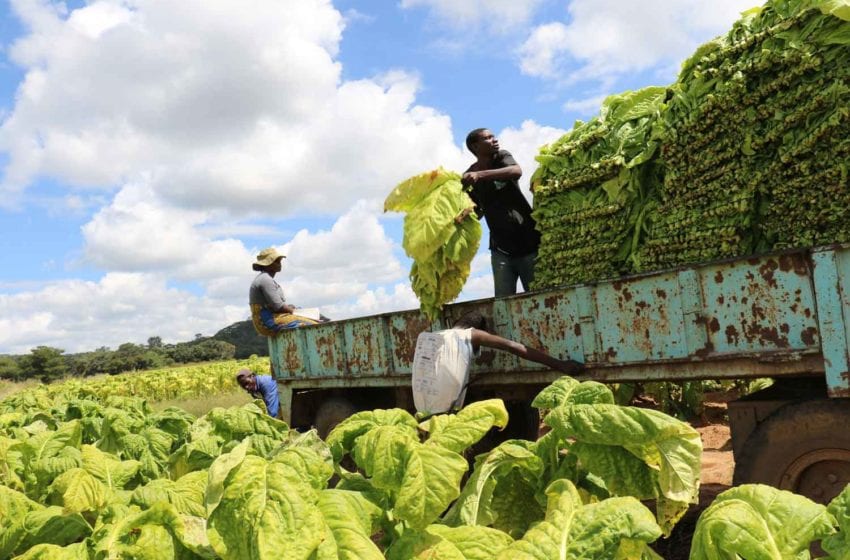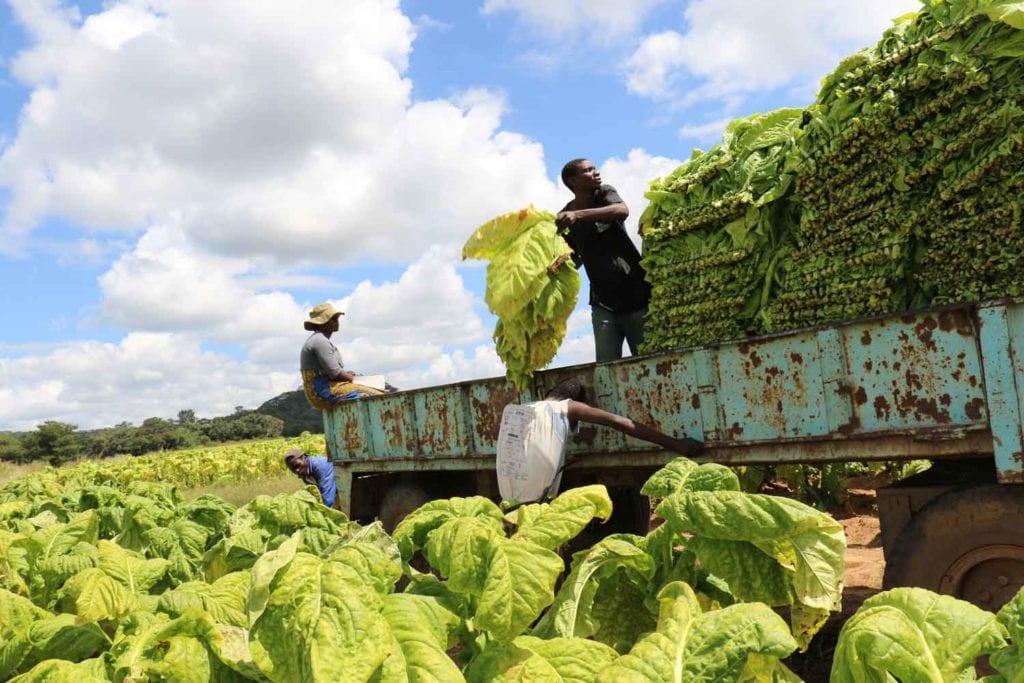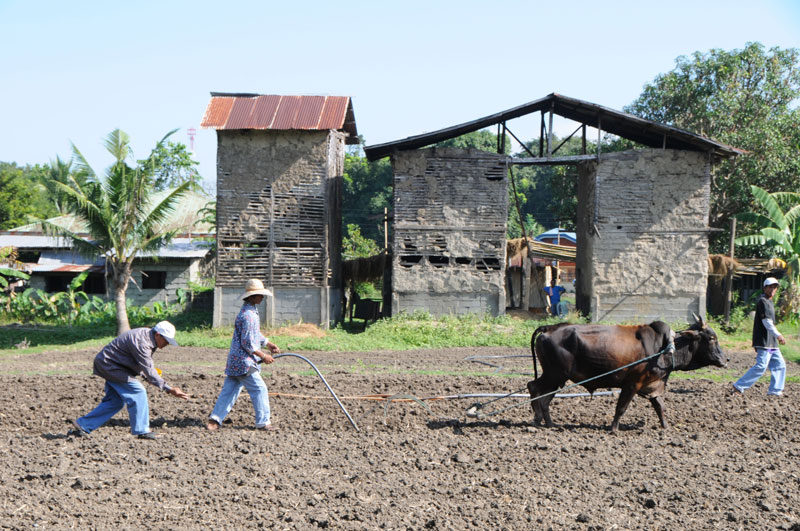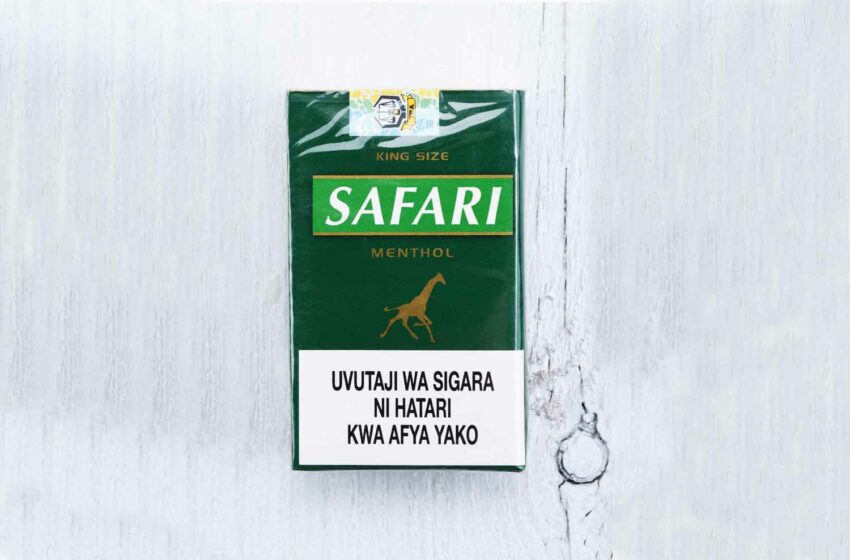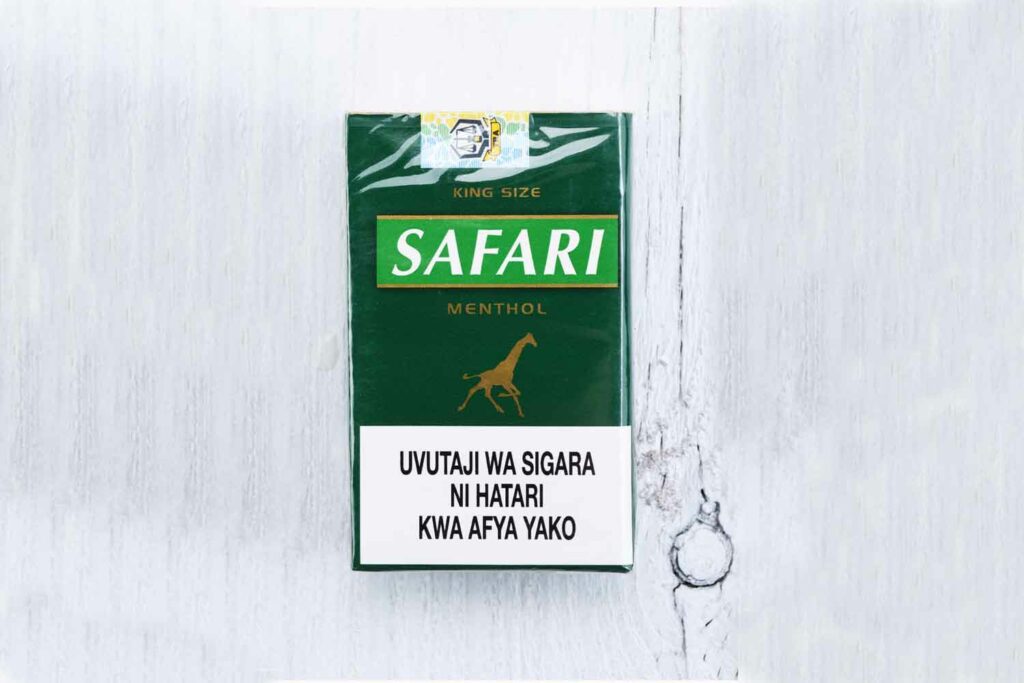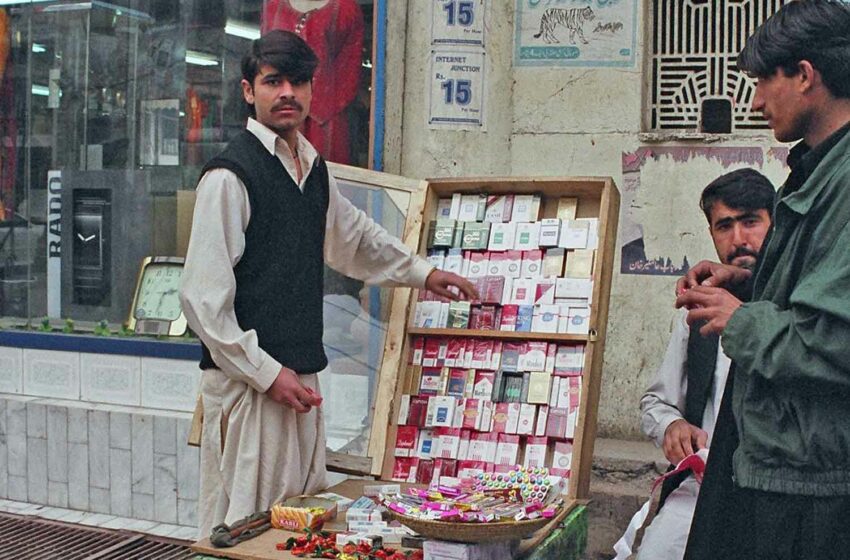 The tobacco industry is urging Cambodia to crack down on the illicit trade in cigarettes, reports The Khmer Times.
The tobacco industry is urging Cambodia to crack down on the illicit trade in cigarettes, reports The Khmer Times.
A recent study by Kantar International found that 18.5 of cigarettes on the market failed to display the required tax stamps, causing the government to miss out on up to $10 million in revenues each year.
Vernon Little, president of the Association of Tobacco Industry in Cambodia (ATIC), which represents several local and international tobacco manufacturers, said better tobacco tax stamp compliance would not also boost government income, but also contribute to a level playing field for the industry.
“We request the Royal Government of Cambodia to take more action strongly against those illicit [products],” said Little.



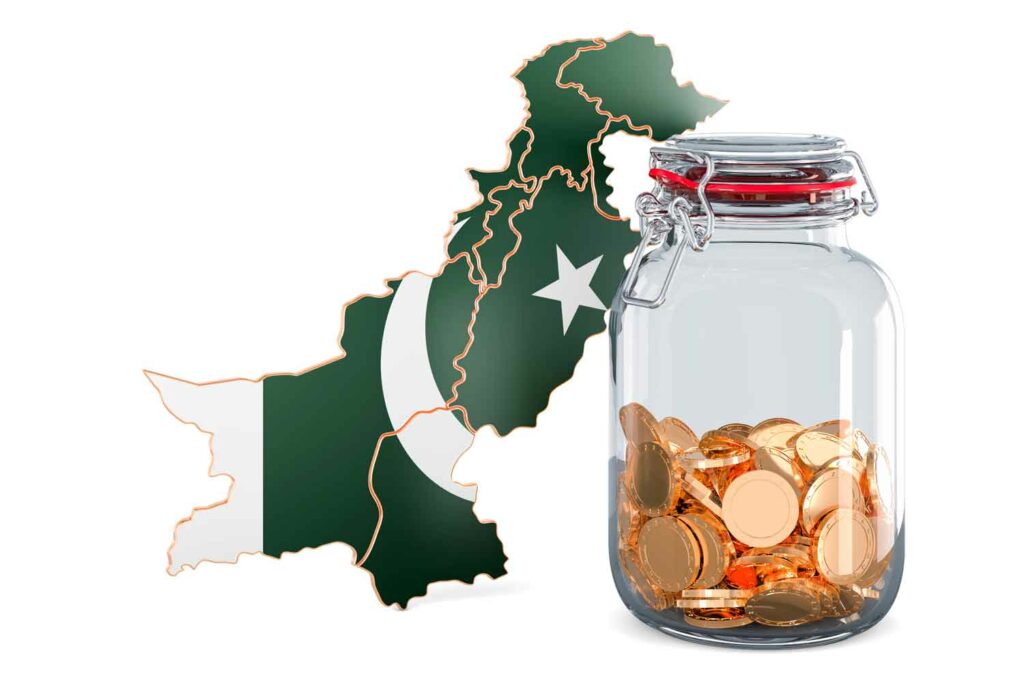
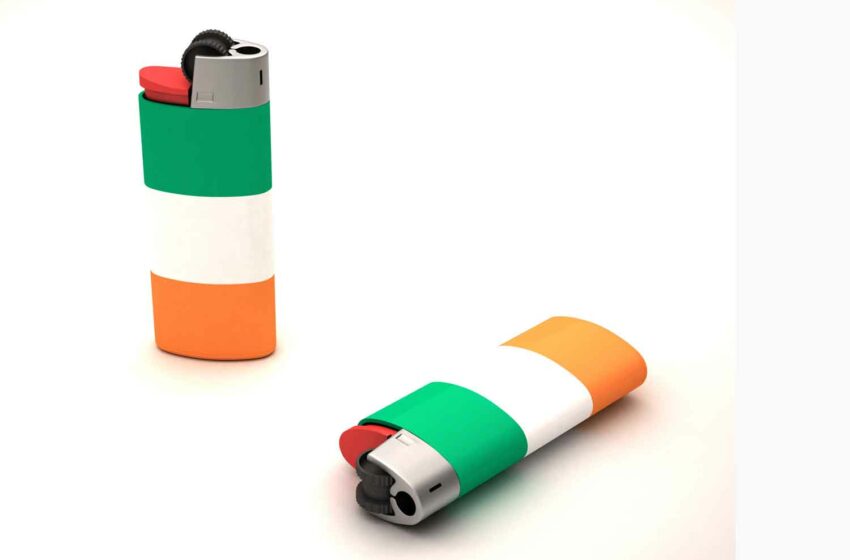
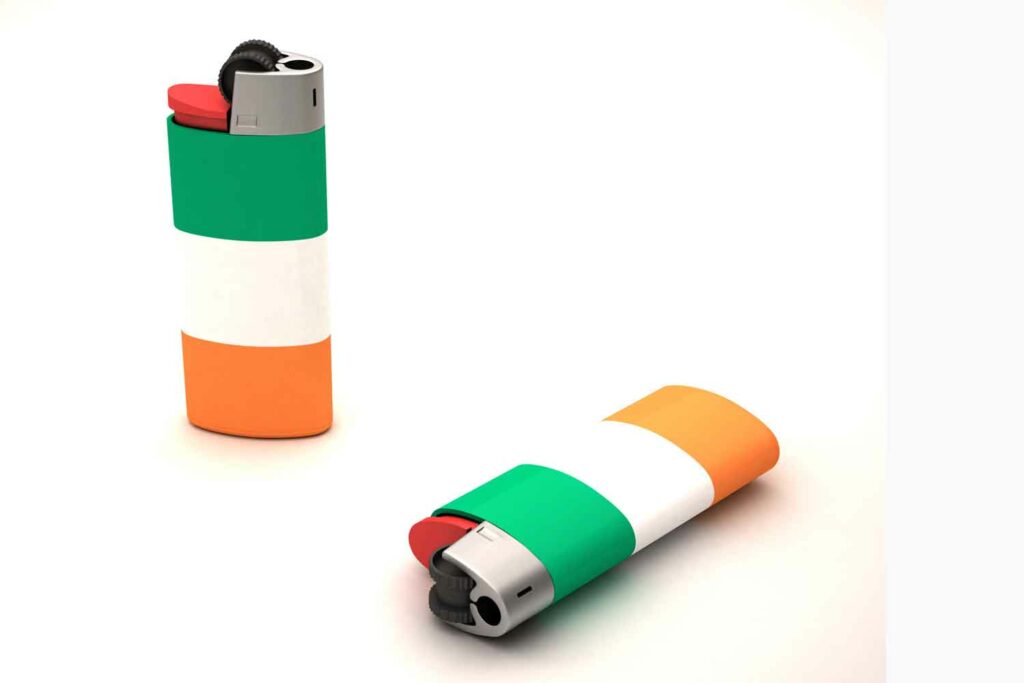


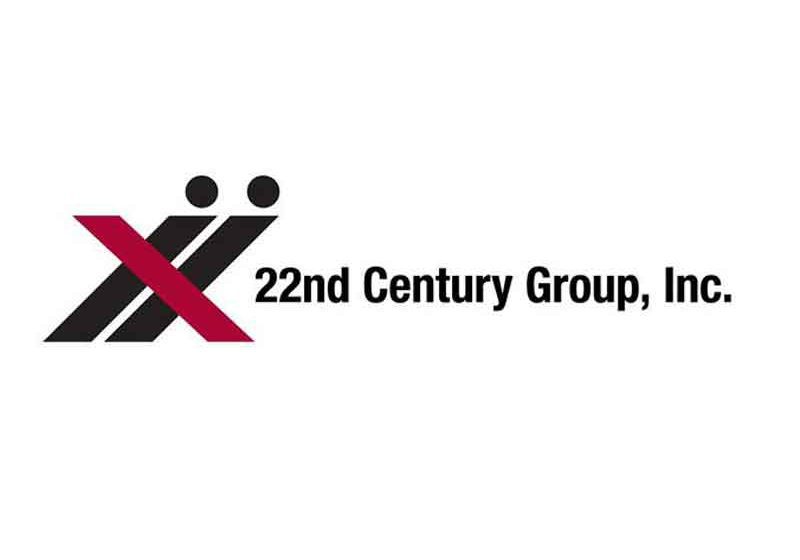
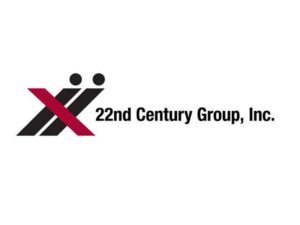 22nd Century Group has entered into a binding letter of agreement to eliminate an additional $2.3 million in outstanding debt with JGB Capital.
22nd Century Group has entered into a binding letter of agreement to eliminate an additional $2.3 million in outstanding debt with JGB Capital.

